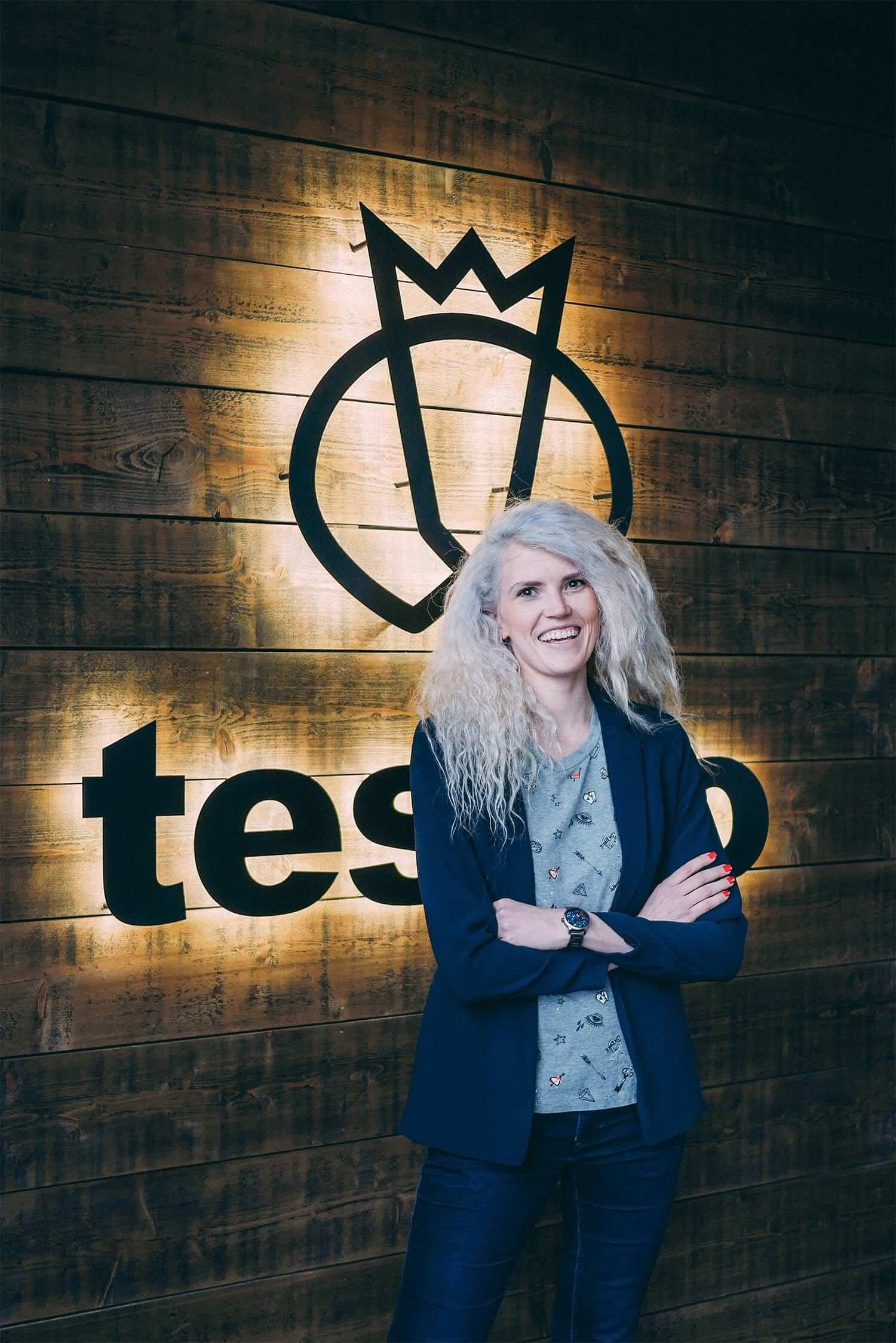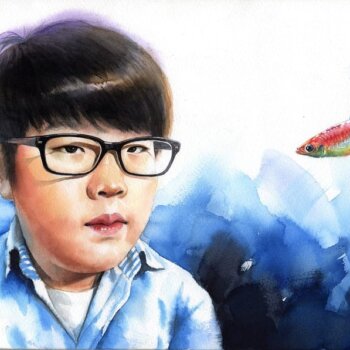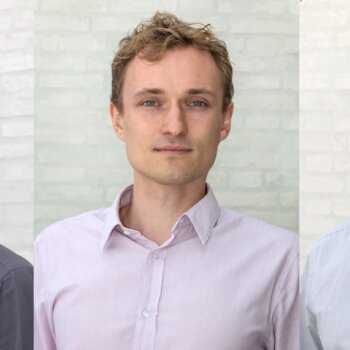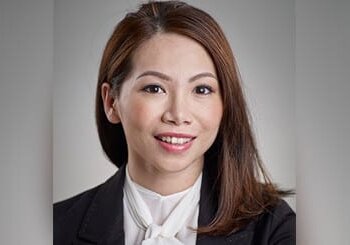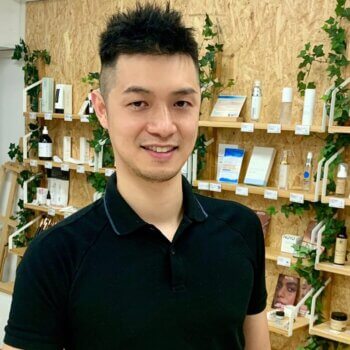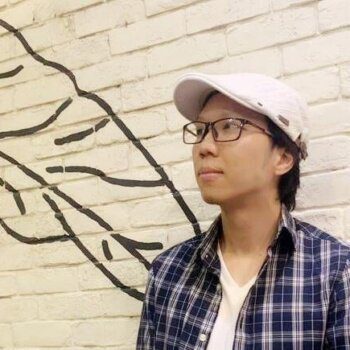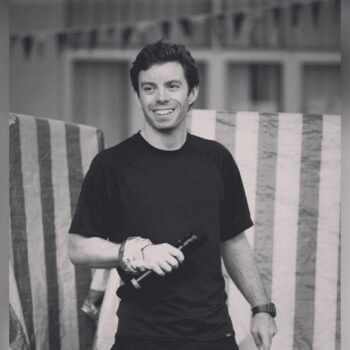(Women on Top in Tech is a series about Women Founders, CEOs, and Leaders in technology. It aims to amplify and bring to the fore diversity in leadership in technology.)
Here is my interview with Kristel Kruustük, Founder and CEO of Testlio – an end-to-end QA management platform and community of expert testers that help businesses deliver amazing customer experiences. Kristel has a passion for software testing, it was started when she was in her second year of College. In 2012 she came up with the idea of building a platform that would improve the process and appreciate the work of a tester. She, together with her then-boyfriend Marko Kruustük, later also a co-founder of Testlio and now her husband, participated in the AngelHack hackathon – where they won a $25,000 seed investment to start Testlio.
What makes you do what you do?
I do what I do because I love it, as plain and simple as that! When I discovered testing, I instantly felt I had found my calling and just wanted to give my best to this field. If you had told me I’d end up being an entrepreneur six years ago, I would have never believed it! But here we are today, and I’m extremely fortunate to be working with my amazing Testlio team for some of the world’s leading brands.
How did you rise in the industry you are in?
By never giving up. This has always been my philosophy. Once I set my mind on something, I don’t let anyone or anything let me deter from it. I believe hard work and perseverance always pays off one way or another. Don’t get me wrong, I still have my moments of doubts and uncertainties but over time I’ve learned to not let these moments overwhelm me. And most importantly, I couldn’t have done it without the support of the people surrounding me – Testlio is not by any means a one-woman show, it’s all about teamwork!
Why did you take on this role/start this startup especially since this is perhaps a stretch or challenge for you (or viewed as one since you are not the usual leadership demographics)?
I never consciously strove to be CEO of my own company, it happened purely as a process of me wanting to implement the ideas I had about QA testing. While I was working as a freelance software tester, I became frustrated with the shortcomings of traditional QA and crowdsourced testing. As the saying goes, “see the problem, be the solution” – and that’s what happened. I could see solutions to the issues I was experiencing and so, with the support of my now husband Marko, we forged ahead to bring these ideas to life.
I never felt that being a woman is a deterrent to doing business, so I’ve always addressed any challenges at face value.
Do you have a mentor that you look up to in your industries or did you look for one or how did that work? How did you make a match if you did, and how did you end up being mentored by him/her?
I’ve never had any specific mentors – I draw inspiration from various people around me, other entrepreneurs, articles, books, etc. and anything that can teach me something real.
Now as a leader how do you spot, develop, keep, grow and support your talent?
Essentially it all boils down to finding people that I share common values with and who believe in Testlio’s vision. My job as a leader is to make sure everyone is able to do their work without any unnecessary obstacles. I aim to provide an environment where they can nurture their strengths and unlock their full potential. I cultivate responsiveness above all – micromanaging is not my style, and neither is being static. I want my team to love what they do and excel at it.
Do you consciously or unconsciously support diversity and why?
Diversity for me is an integral part of who I am and it’s in Testlio’s DNA. We have been inclusive and welcoming from the get-go, it has never been a notion open to debate or something that had to be ‘strategically’ included in the company processes.
We have no biases when hiring people: we strive to be the best at what we do, therefore we want to hire the best people whomever they might be – race, gender etc. has never been a criteria.
My co-founder/ husband Marko and I genuinely believe that diversity is the key ingredient for any successful business. Especially coming from Estonia that has a population of just 1,3M, it’s a given that when you build a company you have to factor in from the start the fact that your clients, users, partners etc. will be global – that means that people building the products, selling or providing the services also need to be as diverse as possible. Currently, 50% of our employees are women and minorities, with 60% of our leadership team being consisted of women.
What is your take on what it takes to be a great leader in your industry and as a general rule of thumb?
I believe a great leader should be first and foremost passionate about what he or she is doing and strive to be a great communicator. In addition, you have to constantly reassess yourself and figure out the things you still need to learn. Above all, you have to be credible and transparent with your team, as mutual trust is the base of everything.
When talking about the tech industry, even though it’s traditionally dominated by men, I actually believe that it’s easier to grow and develop as a female leader in IT rather than in others, more traditional sectors because of its inherent dynamic nature and demand for innovation.
Advice for others?
My advice to anyone really is to figure out what they want to do or achieve in life, and just do it. Learn from your setbacks, don’t let obstacles and fears defeat you, adjust your goals, and always push forward. As plain and simple as that sounds.
If you’d like to get in touch with Kristel Kruustük, please feel free to reach out to her on LinkedIn: https://www.linkedin.com/in/kristelviidik/
To learn more about Testlio, please click here.
